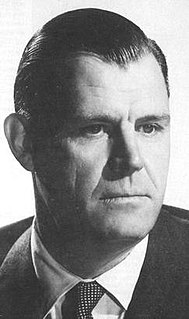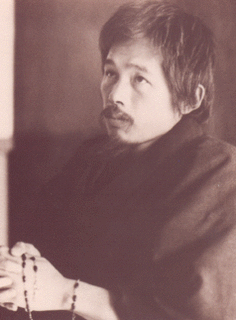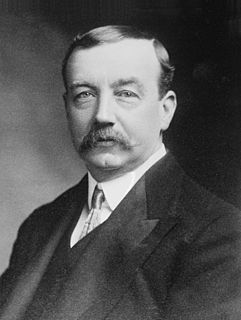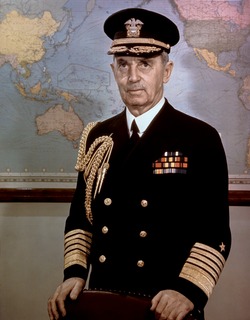A Quote by Edward Bernds
Armageddon. The slaughter of humanity. An atomic war no one wanted, but which no one had the wisdom to avoid.
Related Quotes
Men and women of the world, never again plan war! With this atomic bomb, war can only mean suicide for the human race. From this atomic waste the people of Nagasaki confront the world and cry out: No more war! Let us follow the commandment of love and work together. The people of Nagasaki prostrate themselves before God and pray: Grant that Nagasaki may be the last atomic wilderness in the history of the world.
So far as I can see, the atomic bomb has deadened the finest feeling that has sustained for ages. There used to be so-called laws of war, which made it tolerable. Now we know the truth. War knows no law except that of might. The atomic bomb brought an empty victory but it resulted for the time being in destroying the soul of Japan. What has happened to the soul of the destroying nation is yet too early to see.
Japan suffered terribly from the atomic bomb but never adopted a pose of moral superiority, implying: 'We would never have done it!' The Japanese know perfectly well they would have used it had they had it. They accept the idea that war is war; they give no quarter and accept none. Total war, they recognize, knows no Queensberry Rules. If you develop a devastating new weapon during a total war, you use it; you do not put it into the War Museum.
The use of [the atomic bombs] at Hiroshima and Nagasaki was of no material assistance in our war against Japan. The Japanese were already defeated and ready to surrender because of the effective sea blockade and the successful bombing with conventional weapons... The lethal possibilities of atomic warfare in the future are frightening. My own feeling was that in being the first to use it, we had adopted an ethical standard common to the barbarians of the Dark Ages. I was not taught to make war in that fashion, and wars cannot be won by destroying women and children.
If someone puts up the argument that King Louis gave the Romagna to Pope Alexander, and the kingdom of Naples to Spain, in order to avoid a war, I would answer as I did before: that you should never let things get out of hand in order to avoid war. You don't avoid such a war, you merely postpone it, to your own disadvantage.
I remember that I felt I had to avoid all these sensational photos, the hanged woman, the man who shot himself, and so forth. I collected a great deal of material, including a number of banal, irrelevant photos, and then in the course of my work I came back to the very pictures I had actually wanted to avoid, which summed up the various stories.
The German physicists knew at least so much about the manufacture and construction of atomic bombs that it was clear to them that the manufacture of bombs in Germany could not succeed during the war. For this reason, they were spared the moral decision whether they should make an atomic bomb, and they had only worked on the uranium engine.
Probably our atomic weights merely represent a mean value around which the actual atomic weights of the atoms vary within certain narrow limits... when we say, the atomic weight of, for instance, calcium is 40, we really express the fact that, while the majority of calcium atoms have an actual atomic weight of 40, there are not but a few which are represented by 39 or 41, a less number by 38 or 42, and so on.






































